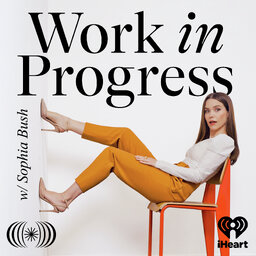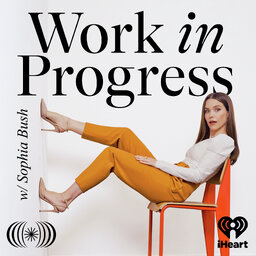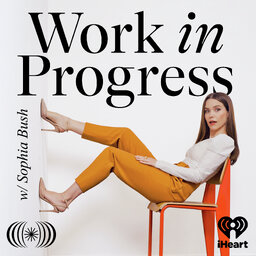Jenna Arnold is an educator, entrepreneur, activist and mother. She joins Sophia on "Work In Progress" to talk about her new book, "Raising Our Hands," which asks white women to have a radical and honest conversation with themselves about race, identity, privilege, and power. She and Sophia discuss her activism, the importance of listening, how to take an active role in creating a better future, and much more. Executive Producers: Sophia Bush & Sim Sarna
Supervising Producer: Allison Bresnick
Associate Producer: Caitlin Lee
Editors: Josh Windisch and Matt Sasaki
Music written by Jack Garratt and produced by Mark Foster
Artwork by Kimi Selfridge.
This show is brought to you by Brilliant Anatomy.
 Work in Progress with Sophia Bush
Work in Progress with Sophia Bush


